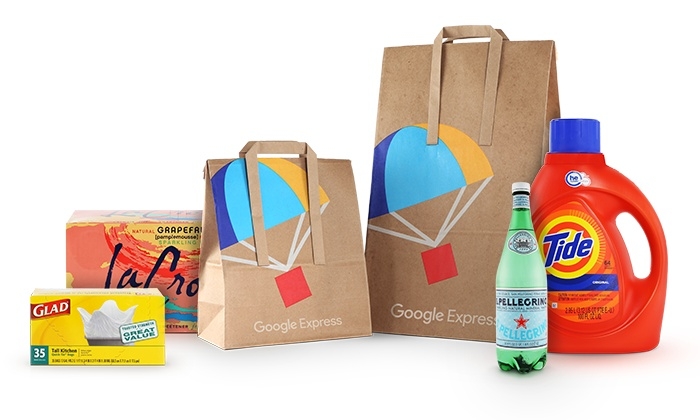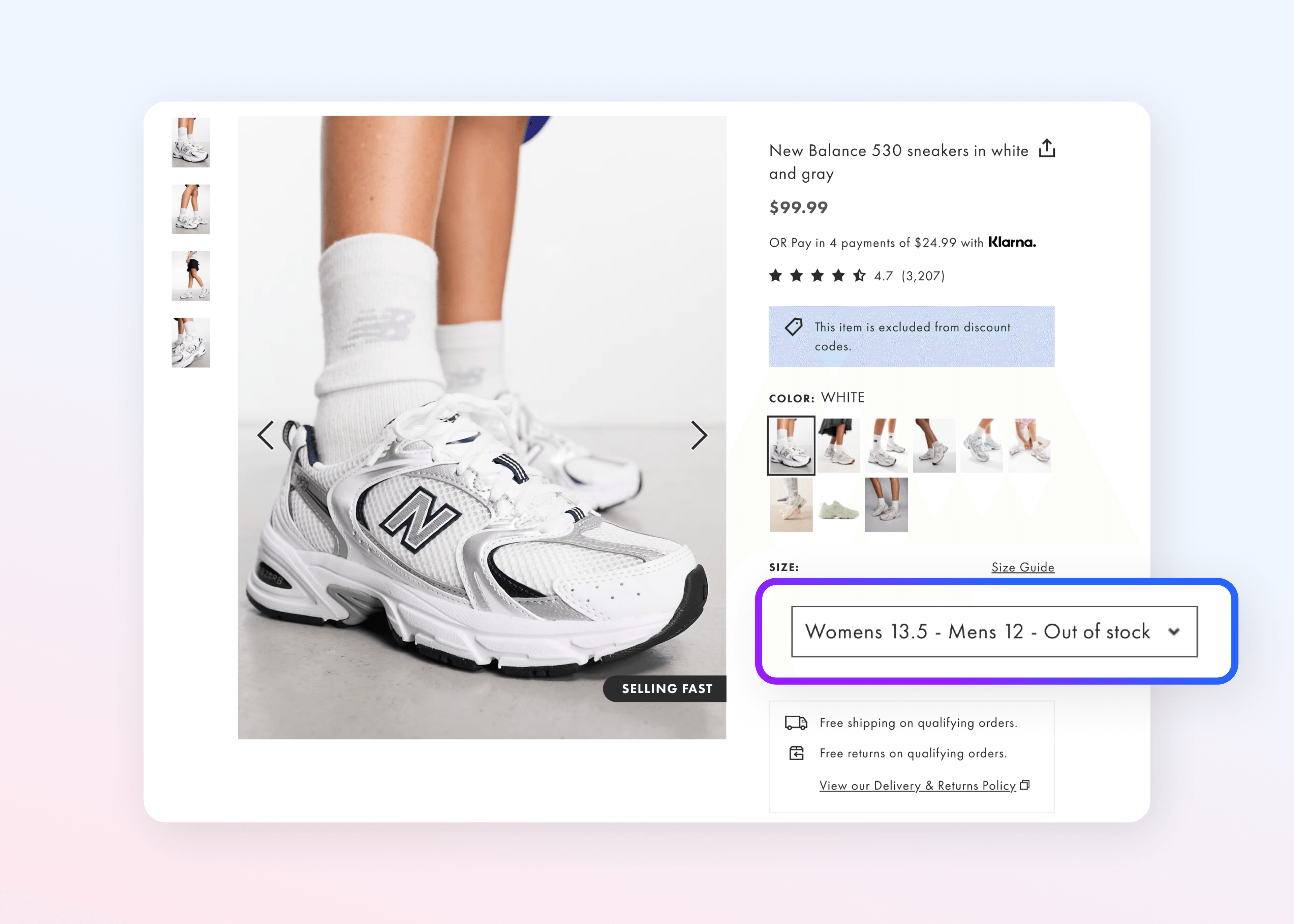Why Walmart Pulled the Plug on Google, and Google is Still a Threat to Retail

In 2017 Walmart announced a strategic partnership with Google where Walmart would offer their products to people shopping on Google Express. It was a smart play given Alexa’s rising dominance in the home - and the near-term shot at competing was to partner with Google to get products available via voice shopping on Google home. It was a classic “Co-opetition” where companies, that would otherwise compete, joined forces to play David against Amazon’s Goliath.
Fast forward to January 2019, and the smarter move for Walmart was to exit that partnership.
Here’s why: The partnership served Google more. Google has been losing significant search traffic to Amazon. In 2018 eMarketer reported 46.7% of US internet users start product searches on Amazon, compared with 34.6% of users who start product searches on Google. For a business that has yet to meaningfully move beyond their advertising business model, this was a huge problem.
In 2018 Amazon’s advertising business grew so sharply they were reported to be in third place for advertising revenue behind Google and Facebook. The shining hope for Google was Google Home as a way to activate Google’s late entry to eCommerce, supported by Walmart’s broad product selection.
While Google had more traffic, and a voice device able to be embedded in the home, Walmart would soon find out that their products were giving Google critical demand data that would accelerate Google’s ability to turn and compete with Walmart.
Walmart is getting back to competing, on their own terms. Walmart has made two significant investments over the past 4 years: Brands & Online Marketplaces. Here’s a run-down of the acquisitions, culminating with the Flipkart acquisition last year:
August 2016: Jet.com (Marketplace) Founded: 2013 (3 years old) Acquisition price: $3 Billion
January 2017: Shoebuy.com Founded: 1999 (18 years old) Acquisition price: $70 Million
February 2017: Moosejaw Founded: 1992 (25 years old) Acquisition price: $51 Million
March 2017: Modcloth Founded: 2002 (15 years old) Acquisition price: ~$75 Million
April 2017: Bonobos Founded: 2007 (10 years old) Acquisition price: $310 Million
October 2017: Parcel Founded: 2014 (3 years old) Acquisition price: $10 Million
April 2018: Flipkart (Marketplace) Founded: 2007 (4 years old) Estimated Acquisition price: $16 Billion
What this tells us: The marketplace model is a central part of their strategy. Not only were their top two acquisitions already online marketplaces, but they’ve built their own marketplace to house their acquired brands as well. The beauty of the online marketplace isn’t just GMV increase or happier customers; it’s the data that comes from having many more products to test. The partnership with Google was giving away their secret sauce - seller data and consumer demand data.
The reality is: Amazon is a weapon of mass data collection. Google was building their weapon on Walmart’s back. And Walmart stood up and said: “Back off.”
Marketplace + voice will help Walmart win the home. Part of the coverage surrounding this news hints that Walmart is building its own software to work with Google Assistant. We can expect Walmart to have their own in-home voice service soon. But we can also expect a continued investment in having a much broader assortment via their marketplace, and Walmart continuing their strategic partnership with Google to drive traffic.
Google will become retail's next nemesis. Over the last 20 years, Google has owned a significant share of retailers marketing budget. Adwords spend was the primary way to drive traffic that the retailers could then convert. But the business model is drying up given all the search traffic Amazon has taken, and Google needs to get in the commerce game. Their strategy - no surprise - is the marketplace model. While it seems affordable to join now - with attractive low commission rates, Google will steadily increase their price points and retailers will once again be stuck between Amazon and Google.
Amazon is winning. Walmart is still a serious player and has a dominant entry in India with the Flipkart acquisition. But Google (Alphabet) still has one of the highest market caps in the world - albeit behind Amazon - and is capable of becoming the next big threat to retail.Stay tuned to see how this chapter continues to develop. Keep up with the latest in marketplace news and best practices by subscribing to the Mirakl blog.



